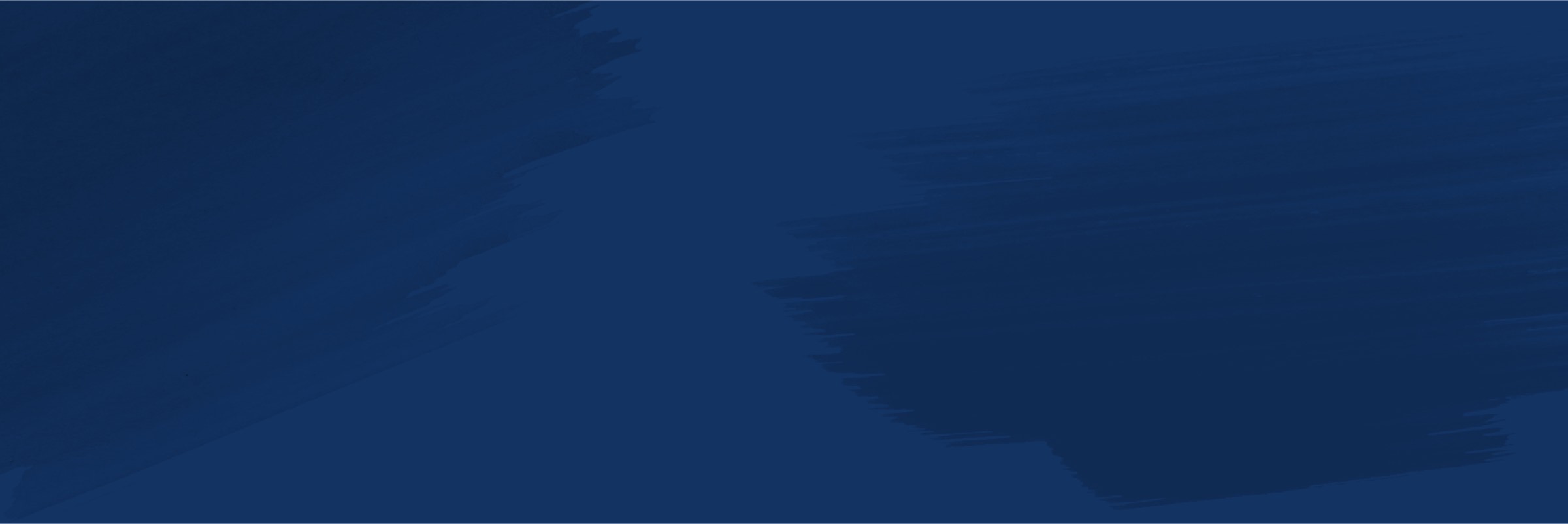For Lina Abdalla and Sahr Johnny collegiate recovery isn’t just a job or hobby, it saved their lives. Together they run the collegiate recovery program (CRP) at the University of Massachusetts – Boston (UMB), like colleges and universities across the country they have been impacted by the COVID-19 pandemic and are struggling to keep connected with students in their CRP.
Learn about Lina and Sahr’s journey to recovery, their fight to keep students connected while battling a global pandemic, and their plea for increased support for collegiate recovery at UMB.
Q: What would you like people to know about you?
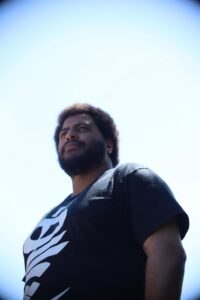
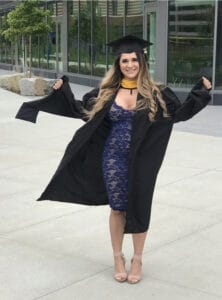
Q: What was your life was like before recovery?
Lina: Life for me was hopeless and dark. I had no light at the end of my tunnel. I did not care if I lived or died and I definitely didn’t think education was a possibility for me. I basically ended up in a place where I was either going to give up or I was going to fight for my life and amidst all of the pain, I found something inside me that wanted to fight for my life and so I did.
Sahr: Substance use disorder had a huge impact on my education, which resulted in getting a late start on my bachelor’s degree. Inner-city education does not prepare students well for higher education – throw drugs on top of that and it really sets young people up for failure.
As soon as I started struggling in college, I leaned back on my old coping methods of increasing drug use.
At some point, marijuana and alcohol weren’t enough and I moved on to drugs which made escaping much easier, which in my case was opiates. I kept drawing lines in the sand which I swore to myself I would not cross and ended up crossing every single time. It took a nearly five-year battle with opiates before I found a way to recovery.
Q: What do addiction and recovery support services look like on your campus? How did they get there?
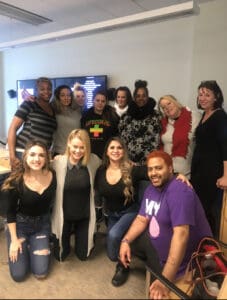
Sahr: Recovery and support services have always been something of a grassroots movement on our campus. Linda Dunphy, the director of Health and Wellness at UMB, is our main source of support and connection to the school administration. She has been an invaluable source of help and does everything in her power to provide us with the support and resources we need to exist.
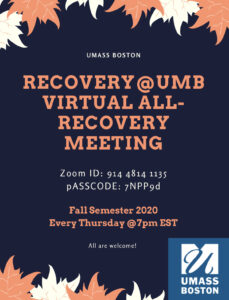
Recovery is life and death – cancer patients don’t need to advocate and fight for treatment, students shouldn't have to either.”
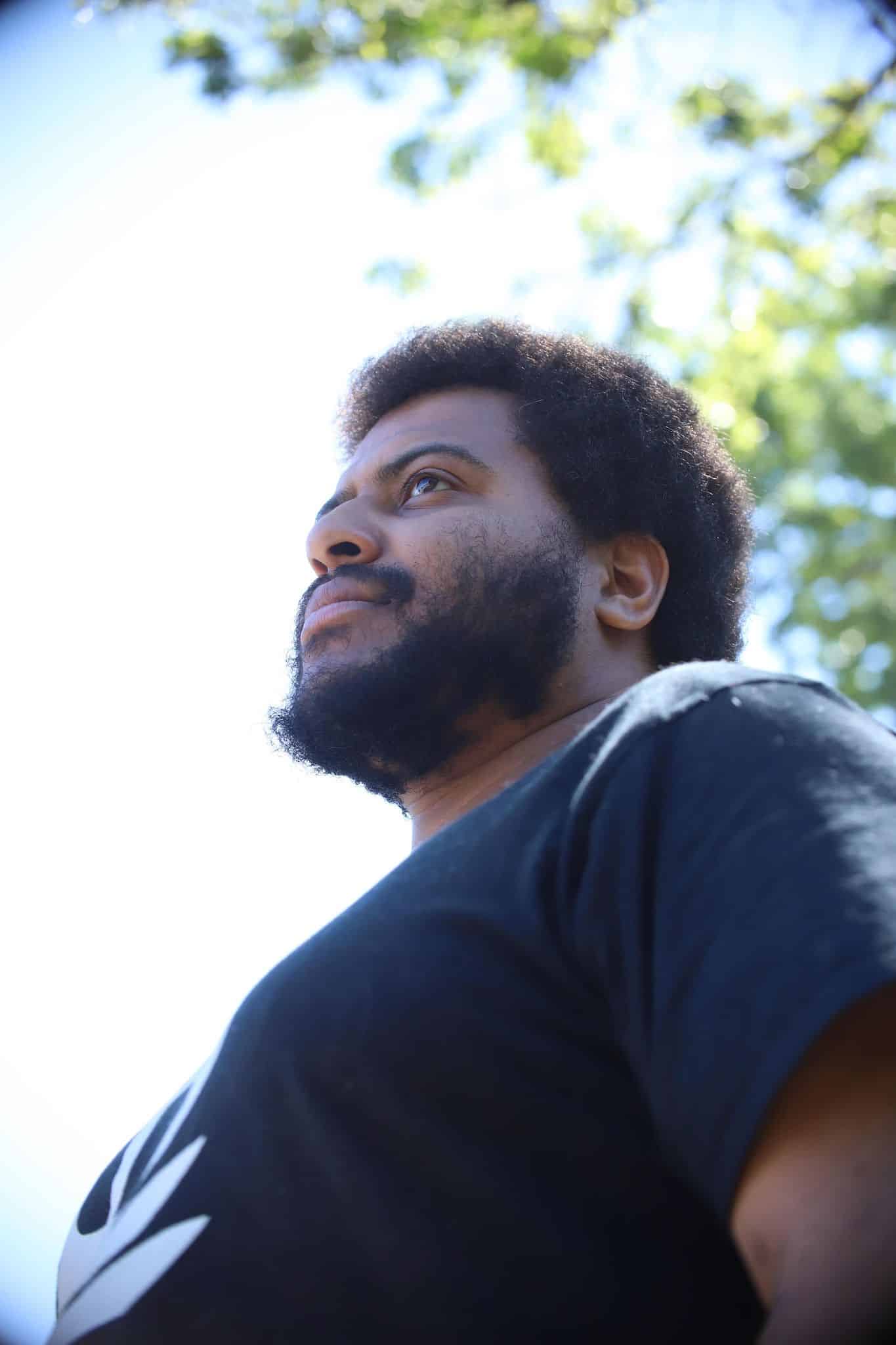
Q: What challenges is your CRP is currently facing in the wake of COVID-19?
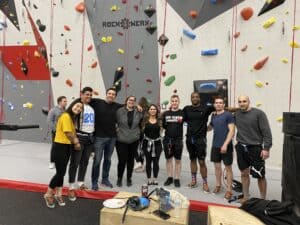
Lina: One of the greatest struggles our recovery program is experiencing due to COVID-19 is reaching students and engaging students. Usually, we do things like tabling or events to reach and engage students. We can do events online, but it’s still a challenge to figure out what people want to do virtually, what individuals would actually be interested in. Finding new students has been really tough; in-person allows for actual visibility for the students. When it comes to virtual activity, it’s not as easy for students to just end up in a virtual event or recovery meeting.
“There are many students in need of collegiate recovery support and can’t get it”. – Lina
Q: What do you want people to know about the importance of addiction and recovery support services on your campus?
Sahr: I’d like people to know we exist. We have built a CRP from the ground up and we have more than people at other schools, yet our visibility and exposure are very limited. In a university with thousands of students, if everyone knew about our program, we would have way more people involved in this struggle.
A big part of the solution is continuing to tear down the stigma surrounding recovery and that’s something we continue to work towards every day. – Sahr
Lina: What I want folks to know about the importance of addiction and recovery support services on our campus is that it’s mainly a grassroots movement. We are working so hard to become an established collegiate recovery program so that support can exist in the foundation of the UMB. If we walk away, the CRP won’t exist anymore because as of now, it is the students holding collegiate recovery down. That’s a really scary thought. We need UMB to recognize us as an official program. We need to spread the word and join forces in the collegiate recovery movement happening nationwide.
Collegiate recovery saved my life, it gave me a foundation of encouragement and hope that I was able to build off of; I could not have done that on my own”
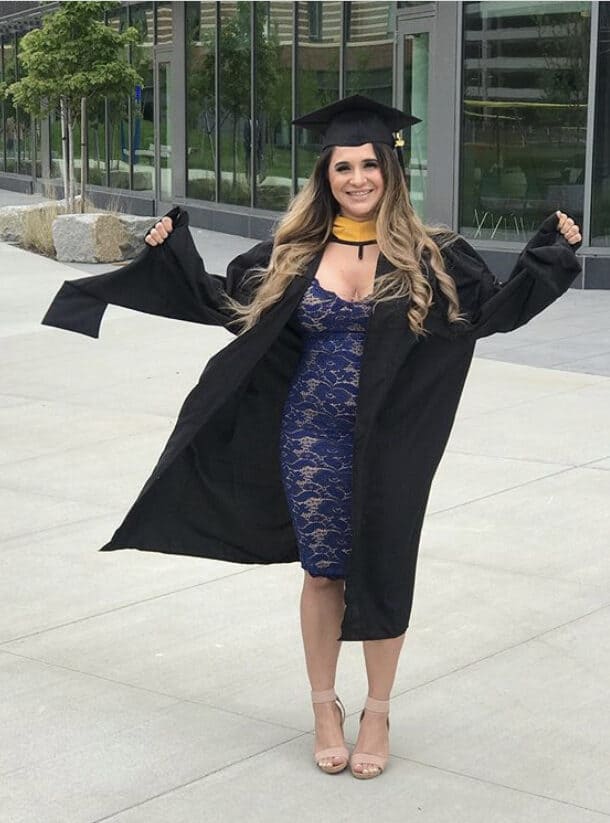
Q: What does recovery mean to you?
Sahr: I have been in recovery since the summer of 2018. My recovery and my perspective have evolved over that period of time. For me, recovery is a frame of mind – a lifestyle. Recovery is not a sober date or an abstinence chip or a spot in the boy’s club. I craved recovery for a long time before I was able to finally find it. Recovery means that I recognize that I am human, I have problems, I’m not perfect. It means that I know that I need to learn and heal and improve myself every single day. I don’t subscribe to any one program – I take parts and pieces of many programs that have been shown to work for a variety of different kinds of people. 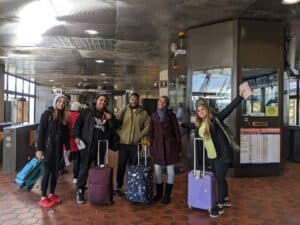
Lina: What recovery means to me is I don’t have to be afraid, it means that I don’t have to live life in so much pain. Recovery means that I get to grow every day by learning about myself and challenging myself. Today in my life I get to walk through my fears, I get to speak up about recovery, and let the world know there is hope.
Q: Describe your plans for the future now that you are in recovery.
Sahr: I’m currently finishing my degree in Biochemistry at UMB, after graduation, I plan to attend graduate school and eventually start a career in industrial or medical chemistry.
Lina: I am actively involved in UMB’s CRP, but because of collegiate recovery’s tremendous impact in my life and the fact that I can’t seem to just walk away, a group of dedicated individuals and I started a grassroots community group called, Greater Boston Collegiate Recovery (GBCR). We are dedicated to augmenting collegiate recovery in the Greater Boston area. Our dream is that every college/university in the Greater Boston area has collegiate recovery. We want other students or prospecting students to have the support that we have had and continue to have. Our focus is on policy, advocacy, and supporting campuses in implementing CRP’s on their campuses. I want people to know that collegiate recovery is not only for current students, but it’s for any individual who is struggling or actively in recovery to know that there is support out there if they chose to empower themselves through education.
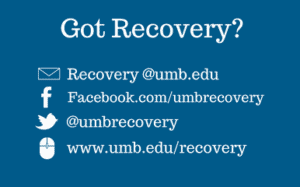
Learn more about collegiate recovery at the University of Massachusetts – Boston at umb.edu/healthservices/recovery.
Recent Stories
-
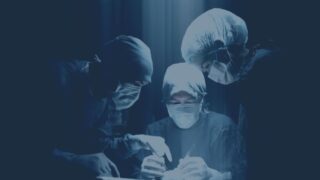
-
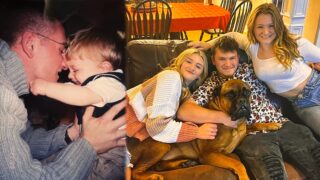 Story
StoryLandin’s Story
-
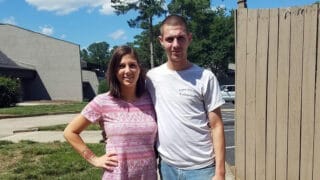 Story
StoryMy Brother’s Story

